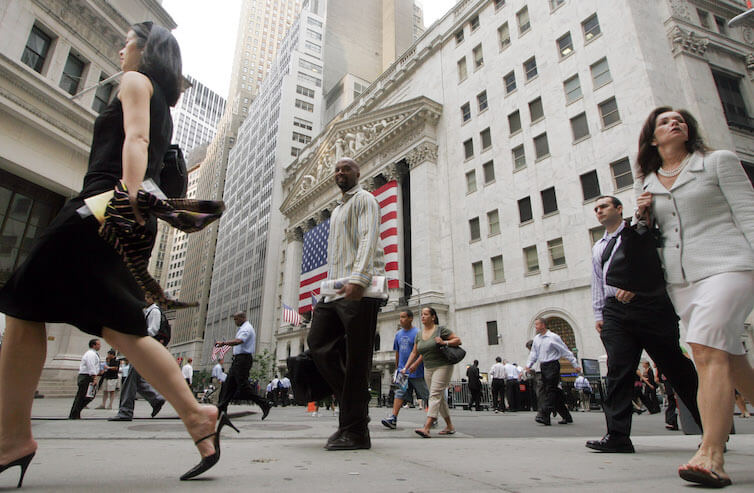Venture capital’s gender gap is costly for firms and the economy

A new study uncovers a surprising performance enhancer for venture capital funds: hiring partners who have daughters. A recent study by business professor Paul A. Gompers and doctorate student Sophie Q. Wang of Harvard University looks at venture capital firms between 1990 and 2016, and finds that senior partners who had daughters were not only more likely to hire women but also realized increased deal and fund performance because of better gender diversity.
This research is not the first to look at the extent to which gender diversity—or lack thereof—can affect an organization’s performance. But no study has been able to establish a causal relationship between diversity and firm outcomes in real-world settings. Gompers and Wang look at the effect of gender diversity driven by a random, outside variable—the gender of venture capitalists’ children. Having a daughter can reduce one’s bias toward women, something that other research confirms. Gompers and Wang find that there is a “significant and economically meaningful increase in the proportion of females hired” when VC partners boast daughters in their families. The two researchers find this increase in firm gender diversity has a causal, positive effect on business performance.
The new study by Gompers and Wang further supports the business case for gender diversity, but its implications for venture capital are especially profound. The industry’s role in the economy has grown enormously over the past 30 years and today is synonymous with fostering the best-of-the-best in innovation and entrepreneurship. But venture capital overwhelmingly remains a boy’s club. The proportion of women in venture capital—10 percent overall—is barely higher than it was three decades ago. Today, 75 percent of firms have never hired a female senior investment partner, and only 7 percent of partners at top venture capital firms are women.
Women are shut out of top venture capital positions even as a growing number have obtained advance degrees in science, technology, and business—typically a criterion for going into the industry. What’s going on? Research has established that people tend to be drawn to people most like themselves, whether that’s in terms of friendships, business deals, or marriage. Other research specific to venture capital firms co-authored by Gompers finds these firm’s investors are more likely to collaborate with those who are similar to them in gender, ethnicity, and background. Doing so, according to the study, reduces the firm’s performance, in part because it may overlook opportunities to work with diverse yet more qualified or able individuals. Thus, given the preponderance of men in venture capital, it makes sense that women might be passed over at a higher rate. The authors also note that hiring is binary: Either you hire somebody or you don’t. So, even if one’s bias is slight, it can have a huge effect on the makeup of the workforce, especially given that many venture capital firms are small and do not hire senior partners very often.
The absence of women in VC firms, of course, trickles down into the success of female entrepreneurs: Women-led startup companies comprised less than 5 percent of venture capital deals last year. The two authors find that firms with a senior female investor are more likely to invest in portfolio companies founded by women. It also means that firms might overlook viable opportunities or suffer from stale thinking or costly mistakes due to a lack of different perspectives.
The authors do some interesting modeling, too. They find that if each of the partners of venture capital firms had had a daughter instead of a son (and thus were more likely to hire female partners), then an additional $4.5 billion could have been raised by firms’ portfolio companies between 1990 to 2010. They also estimate that increasing the percentage of women hired by 10 percent would result in portfolio companies raising an additional $23.2 billion. Gompers and Wang’s research shows how bias not only harms women but also can have an effect on the economy at large.
